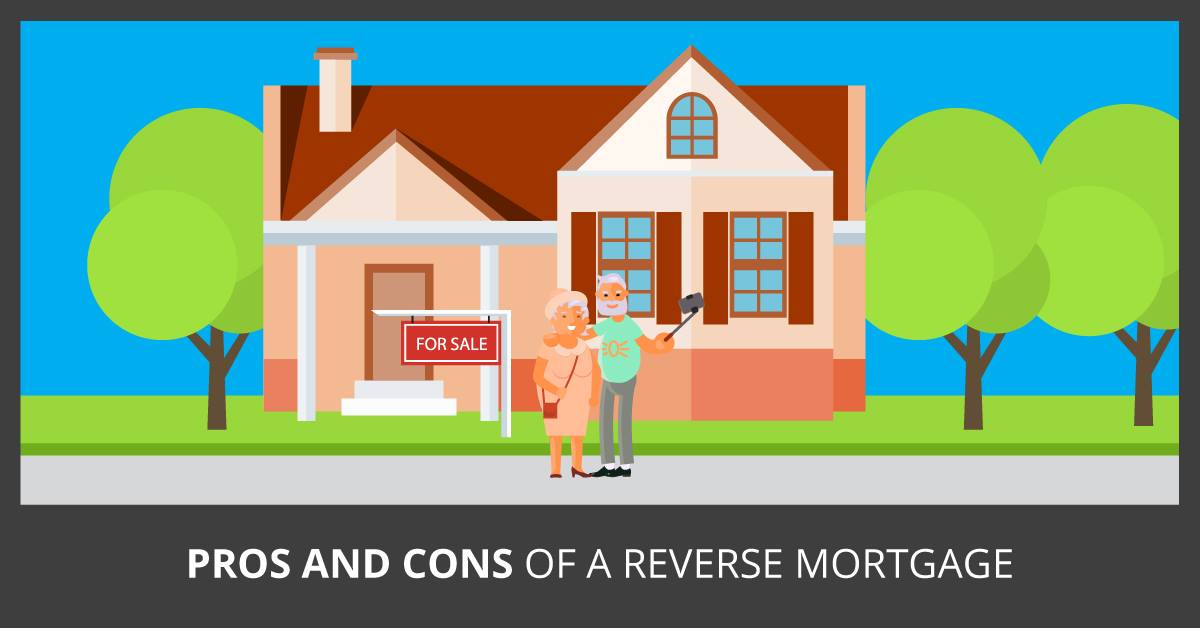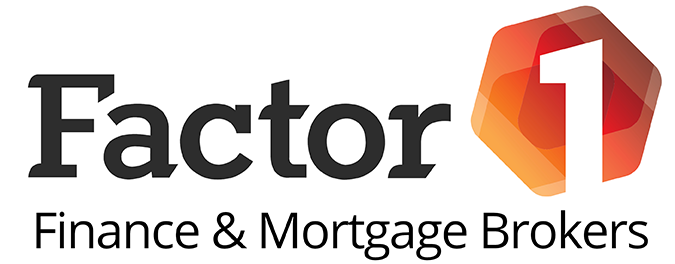Pros and cons of a reverse mortgage
Published: 12 Mar 2021

A reverse mortgage allows a homeowner aged over 62 to borrow against their home’s equity while still maintaining ownership of the home. You can receive a lump sum or regular payments, and the loan is due to be repaid when you die, sell the residence or move permanently from the residence. The amount of the loan will depend on the value of your home, current interest rates and your age – the older you are, the more you will be entitled to borrow.
So what are the pros and cons of a reverse mortgage? And what factors do you need to take into account if you are considering this option?
PRO – A great source of retirement income
Your home is your largest personal asset, and you can channel this asset through regular payments. If you are on a small fixed income through your pension, it can make sense to release some additional income through this asset.
CON – Value of your property is reduced
As these payments are being made from the equity in your home, so you gradually lose equity in the property. This means that your heirs will inherit a property of reduced value when you die. Alternately, if you need to sell the home to move elsewhere (such as into an aged care facility) you will need to repay the loan while still having enough equity to fund your next home.
PRO – No monthly mortgage repayments
While you are living in the home you are only required to pay the costs of taxes and property maintenance.
CON – High fees
Fees are usually higher than a traditional mortgage, further reducing the equity in your home.
PRO – You can continue living in the property and leave it to your heirs
One of the myths about the reverse mortgage is that you can be evicted from the property if the loan exceeds the property value. This is not correct. You can live in the home for as long as you wish and still leave the home to your heirs but they become responsible for repaying the loan balance, either by refinancing through a traditional mortgage or selling the home.
CON – The loan is due when a “maturity event” occurs
Maturity events include the death of the last surviving borrower, or when the home is no longer your principal residence or you vacate the property for more than 12 months. It will also become due if you fail to maintain the property or fail to pay the relevant taxes or insurance. This means that the loan could become due during a crisis time for your family when you actually need financial resources rather than having to confront a huge loan repayment.
While a reverse mortgage can be a fantastic option for some retirees, it is not for everybody and you should never embark on this type of financial commitment without independent advice. Contact us today if you wish to discuss whether a reverse mortgage is the right option for you.
